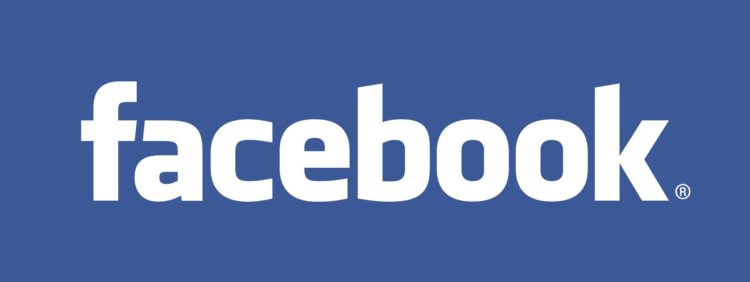By James Simons-
A large percentage of the British public rely on facebook and twitter for news. Research conducted by The Eye Of media.Com reveals that up to 46% of the British public do not read the papers or watch the news on television.
Many people have become disillusioned with the scale of bad news in the papers and the television that they do not watch the news. Some of this arises from the fact that many people suffer from a level of apathy , distrust of the integrity of the news, or sheer laziness, a recent survey shows.
Despite the widespread availability of news through newspapers and television, many people are simply fed up of bad news and are ‘switched off’ from disheartening news from newspapers or television. news spread through twitter and facebook have become the primary source of information for 46% of the British public, according to a new survey conducted in the last week by The Eye Of Media.Com.
The survey was conducted in conjunction with freelance journalists who meet at Friends House at Kings cross St Pancras. It was conducted to establish the effect of the news on the public, and is still ongoing.54% of those interviewed confirmed they are informed the news through television and the papers. 50% of those who read the papers said they do so on their way to work, with 35% of this group saying they obtain most of their news by reading The Metro And The Evening Standard on their way to or from work.
Of those surveyed, 55% said they lacked faith in the media’s level of integrity and accuracy, with just over 25% of them saying they were aware of complaints made to press regulator Ipso for inaccurate reports in the papers. A number of those interviewed said they were disappointed with incidences in which various media outlets were found in breach of Ipso’s codes of conduct, However, 15% of them acknowledged that although inaccuracies exist in the media, most of what is published are usually true and factual.
Notably, 35% of those surveyed said they believed the press regulator Ipso, was too weak to institute comprehensive changes in the media because they lack punitive actions that can serve as a deterrence to reckless media outlets.

